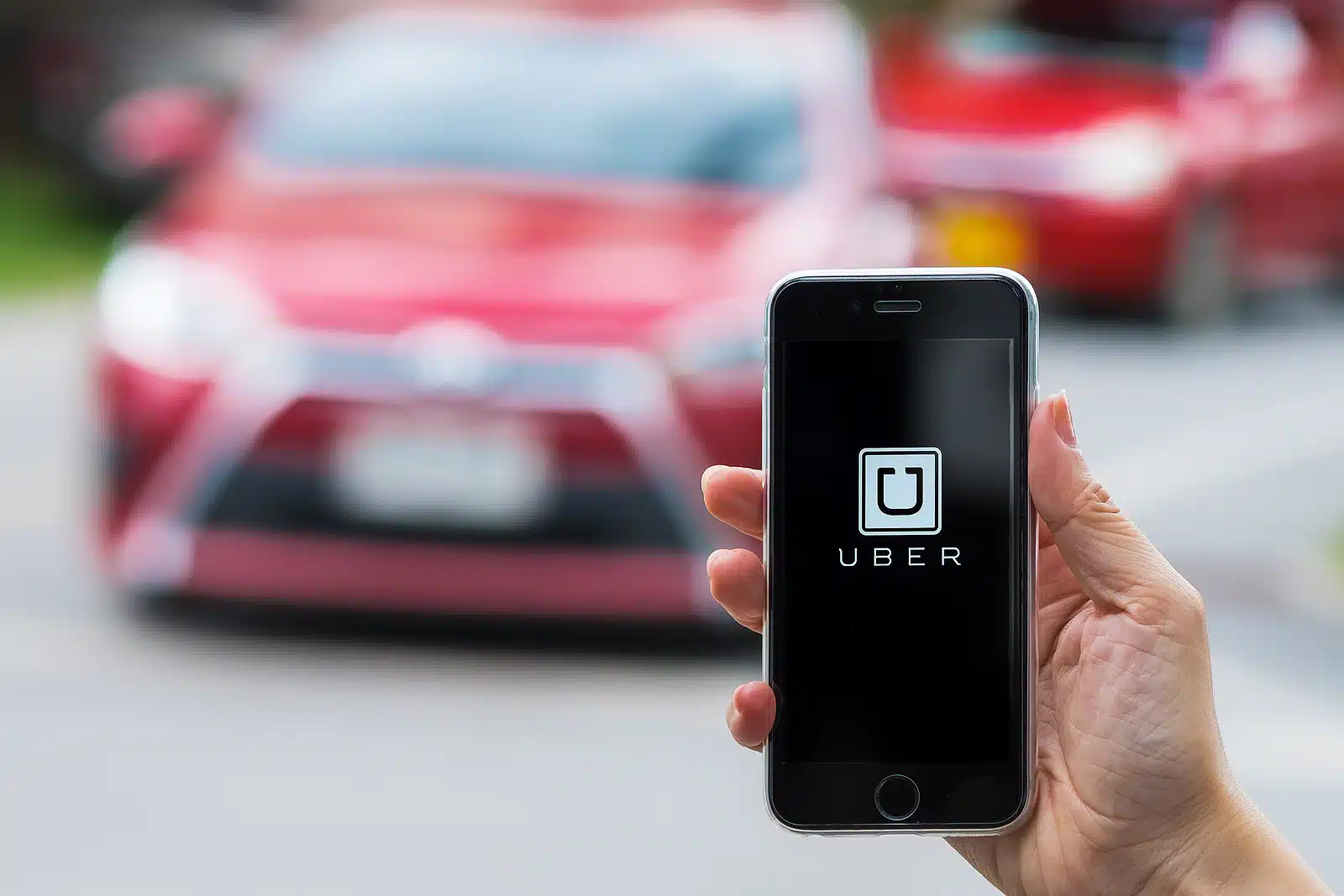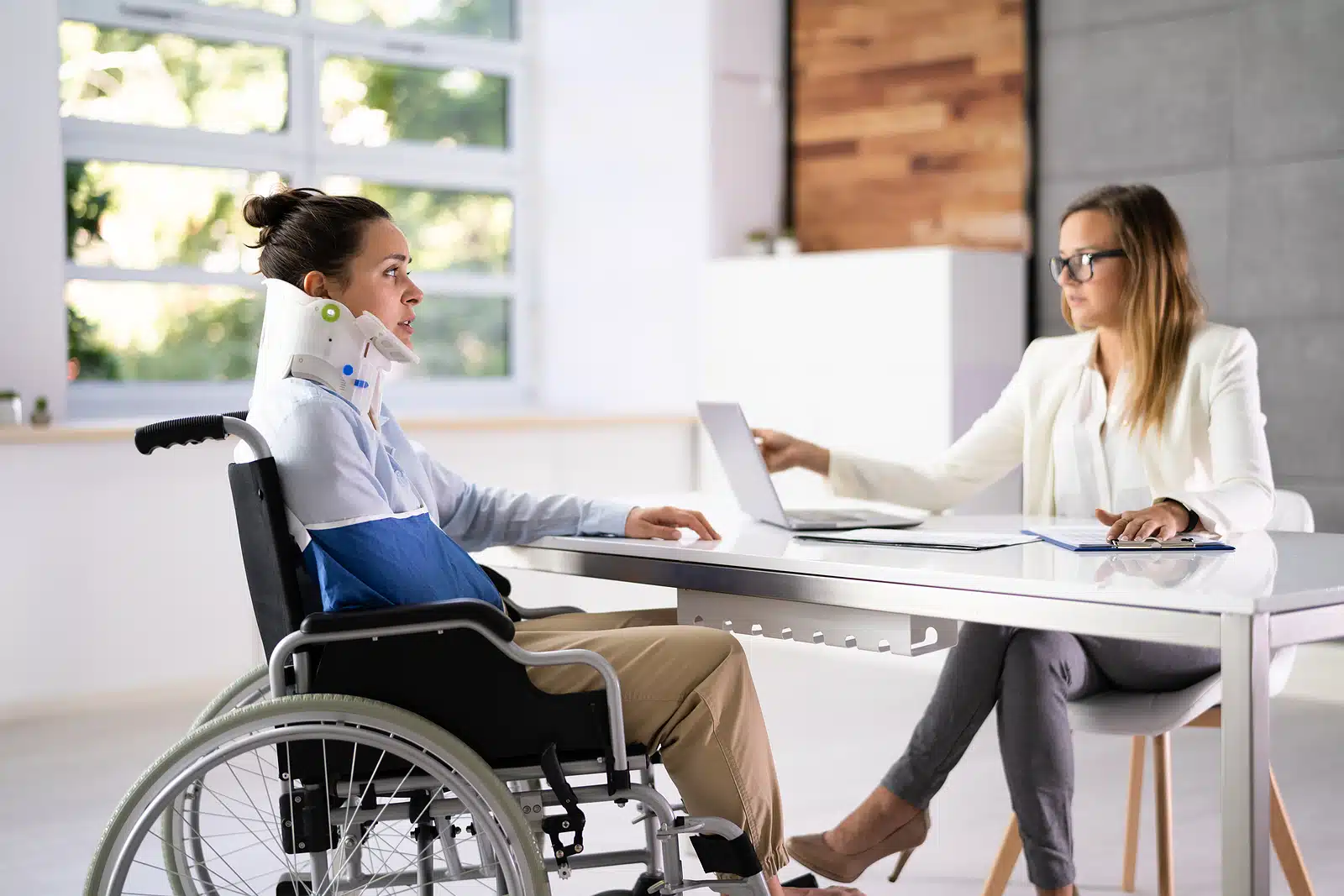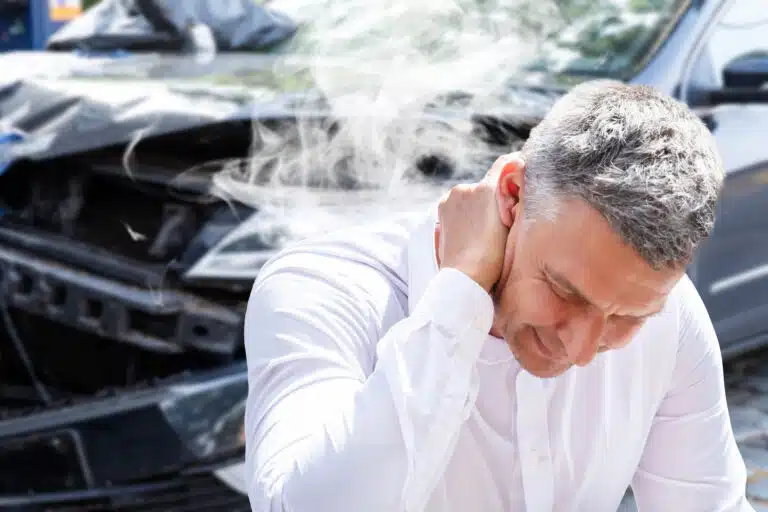A Guide to Uber Accident Settlements

Rideshare Companies Like Uber in High Demand
With the growing popularity of rideshare companies such as Uber or Lyft, there will inevitably be accidents involving these companies. Determining who is at fault and what options you have can be challenging.
What may be the most important aspect is whether the Uber driver was clocked in at the time, with a passenger, or not. Based on this, you may have different angles in which to pursue damages.
Why is Negligence Important in Colorado?
To effectively pursue damages in Colorado following an accident, the defendant must have owed a duty of care to the plaintiff, was in breach of that duty of care, the breach directly caused the injury, and the plaintiff sustained monetary damages as a result.

Each person has a duty of care for others, including reasonable care, such as looking out for road obstacles, pedestrians, and other vehicles. They must also adhere to traffic laws, refrain from speeding, not drive while under the influence, and not drive while distracted. If the defendant was found not exercising their duty of care and the other factors listed above are present, there may be a successful case to award damages.
Levels of Coverage Based on Status
If an Uber driver was logged in and was waiting for a passenger to request a ride when the accident occurred, injured parties are covered by a commercial policy by Uber. The coverage is generally $50,000 for bodily injury per person, $100,000 for bodily injury per accident, and $25,000 for damage to the vehicle.
If an Uber driver was not logged in and waiting for a client when they were in an accident, they were not on company time. Therefore, their personal insurance would typically have to cover any injuries or damage resulting from an accident. Colorado state law requires all drivers to carry $25,000 in bodily injury coverage, $50,000 per accident coverage, and $15,000 in property damage per incident.
Suppose the driver has a passenger in the vehicle when they are in an accident. In that case, the company coverage rises to include up to at least $1 million per accident for an Uber driver. This amount of coverage can help the vehicle’s driver, the passenger in the car, a pedestrian if they were struck, and the parties in other vehicles that may have been involved.
What Damages Can I Pursue After a Rideshare Accident In Colorado?
Two main types of damages are what most pursue following an accident. Economic damages are monetary values that you need to recover, such as the cost of medical bills, the lost wages that you missed out on while tending to your injuries, and property damage. If you are now less able to work at the level you once were due to your injuries, your experienced personal injury attorney may choose to pursue the value of the lost earning capacity.

Non-economic damages are those that aren’t of tangible value, such as emotional distress, pain and suffering, disfigurement, loss of enjoyment of life, and loss of consortium. These damages are more challenging to determine, but your personal injury attorney can help calculate your damages’ monetary value and aggressively pursue them.
Why is Establishing Fault So Imperative After an Accident
Each state has its own rules regarding liability following an accident. Some follow a contributory fault rule, which could mean that if you are even remotely at fault for the accident occurring, you may not be able to recover any damages.
Colorado follows a modified comparative fault rule, which means that even if you were partially at fault for the accident, you might still be entitled to damages. This rule means that you could still pursue damages if you were less than 50% at fault for the accident. If you were found to be 50% or more at fault, you aren’t generally able to recover damages.
For example, suppose the total damages awarded following an accident were $100,000 to all relevant parties. If you were found to be 20% at fault, your portion would be reduced by that amount, making your share $80,000 rather than the total $100,000.
What this means for the Uber driver is that even if they were speeding or otherwise not following traffic laws when the accident occurred, but the other party was found to be 70% at fault, damages could still be awarded.
Your Tireless Advocate When You Need it the Most
Whether you are an Uber employee or a passenger, accidents can quickly cause significant inconveniences. You may be watching medical bills pile up while you are unable to work due to your injuries, causing the perfect storm for financial duress. You don’t have to figure this out alone.

We offer free consultations, and you pay nothing if we don’t win. We believe in protecting our clients and aggressively going after what they deserve rather than settling for less. It’s important to note that going up against a larger company like Uber requires vast experience and knowledge, and we are competent in both arenas. Furthermore, a portion of all attorney fees is donated to charity as our way of giving back to our beautiful state.
We have a network of doctors that we can utilize to get you the help you need for your injuries, and we can handle any and all negotiations with your insurance company or the other parties so you don’t have to. We pride ourselves in the care we provide for our clients and go above and beyond for them, no matter the size of the case.
Contact our office today at (720) 707-0870 to get started. We look forward to serving you.




